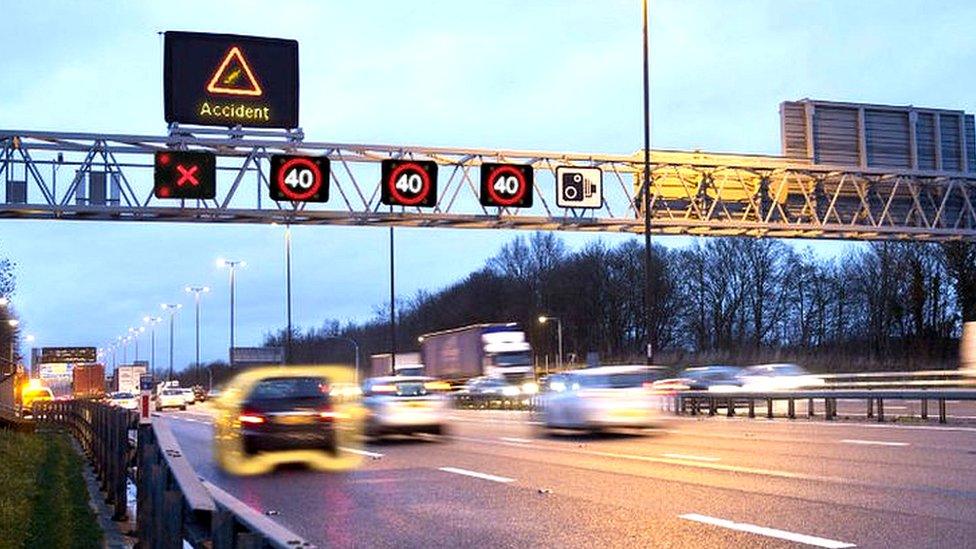National Highways 'committed' to smart motorway safety - report
- Published
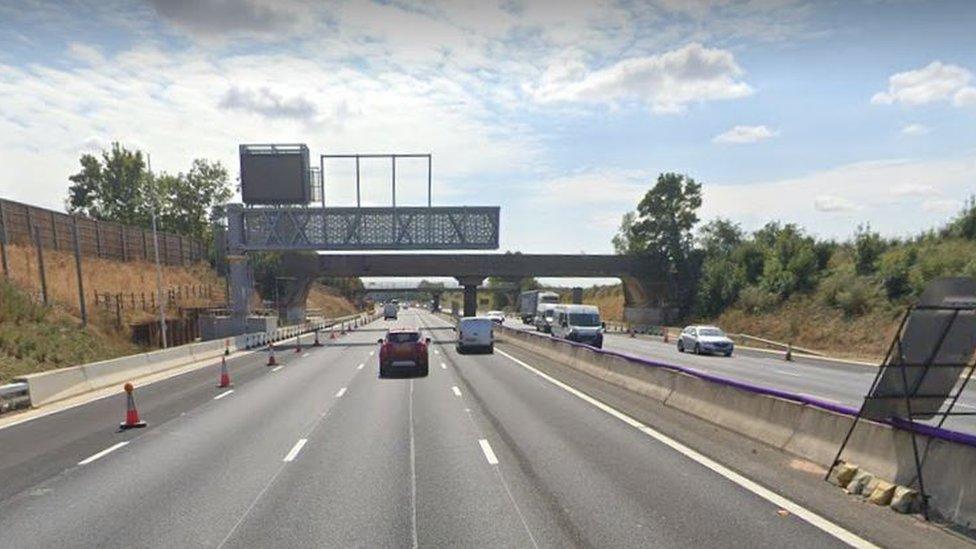
A coroner warned of a risk of future deaths after the crash in which David Levett was seriously injured in 2018
National Highways said it remained "committed to continuing to improve safety" in response to a coroner's report into a "smart motorway" death.
David Levett, 53, sustained chest and head injuries after the stationary car he was in was hit on the M1 near Daventry, Northamptonshire in 2018.
Coroner Anne Pember warned of a risk of future deaths because the smart motorway had all lanes open to traffic.
A National Highways spokeswoman said smart motorways are "our safest roads".
Smart motorways are a stretch of road where technology is used to regulate traffic flow and ease congestion, using the hard shoulder as an extra lane for traffic.
Mr Levett was a rear seat passenger in a car on the M1 southbound which pulled over to aid another car that had broken down on 28 January 2018.
The vehicle was hit by a lorry, pushing it into the rear of the broken down car.
Mr Levett was taken to hospital but died about a month later from his injuries.
In a Prevention of Future Deaths Report, external (PFDR), published in April, Mrs Pember, the senior coroner for Northamptonshire, said the crash happened on an "all-lane-running smart motorway" meaning there "was nowhere for the driver of the first vehicle to park safely".
Sheena Hague, National Highways' director of road safety, said "work to enhance existing smart motorways continues".
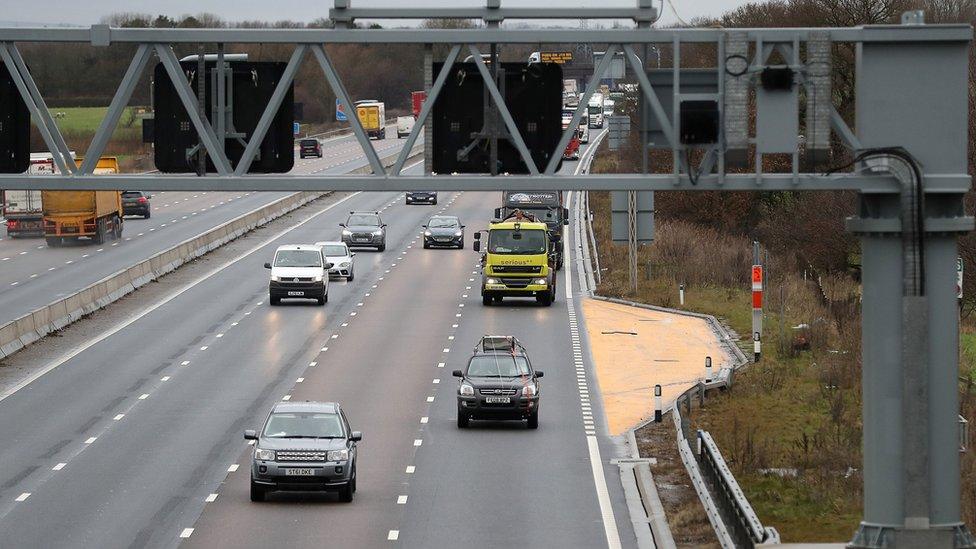
Smart motorways contain emergency bays give cars space to pull off the road when there's no hard shoulder
Responding to the PFDR, she said National Highways had published two progress reports to "raise the bar on smart motorway safety" - one in 2021 and a second in 2022, external - with two future reports planned.
'Confident and safe'
She said the government had committed £390m to installing more than 150 additional emergency areas on "all lane running" (ALR) smart motorways, so that "drivers will have more places to stop if they get into difficulty".
A "radar-based stopped vehicle detection system" (SVD) was also installed on the southbound M1 near Daventry in August 2022, she said, more than four years after the fatal crash.
"The hard shoulder is perceived to be a place of safety, but in reality it does not provide a completely safe place to stop," she added.
"Although roads, especially high-speed roads, can never be risk-free environments, our priority is the reduction of road deaths and injuries on our network, and we want everyone who travels or works on any of our roads to feel confident and safe."
In April, the government announced it would scrap plans for new smart motorways due to cost and safety concerns.
Ms Hague offered condolences to "Mr Levett's family, friends and all those affected by his tragic death".

Find BBC News: East of England on Facebook, external and Instagram, external. If you have a story suggestion email eastofenglandnews@bbc.co.uk or get in touch via WhatsApp on 0800 169 1830
Related topics
- Published12 June 2023
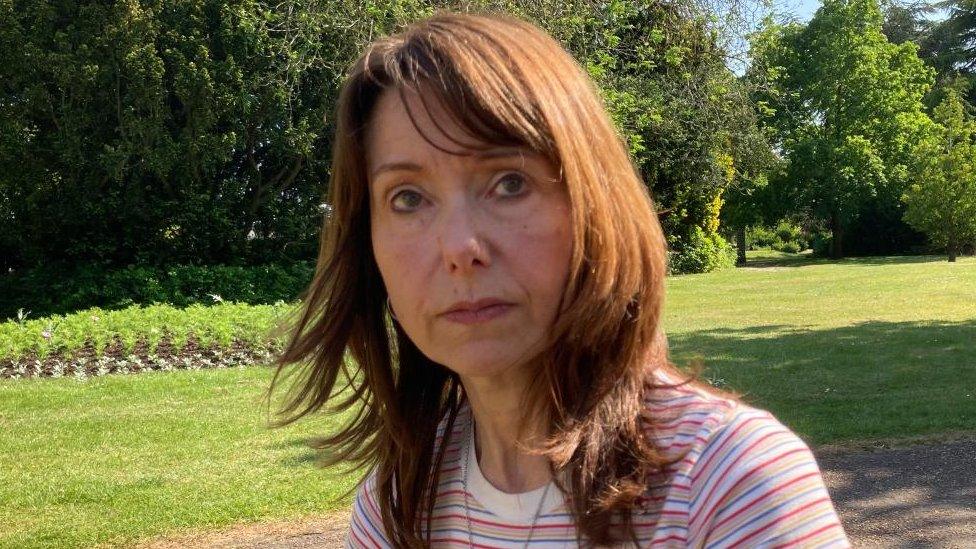
- Published24 April 2023
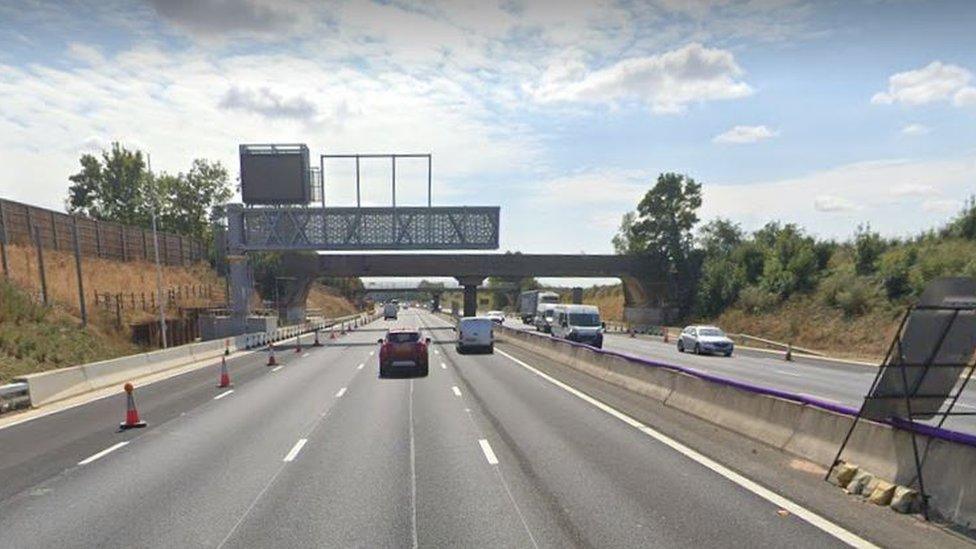
- Published16 April 2023
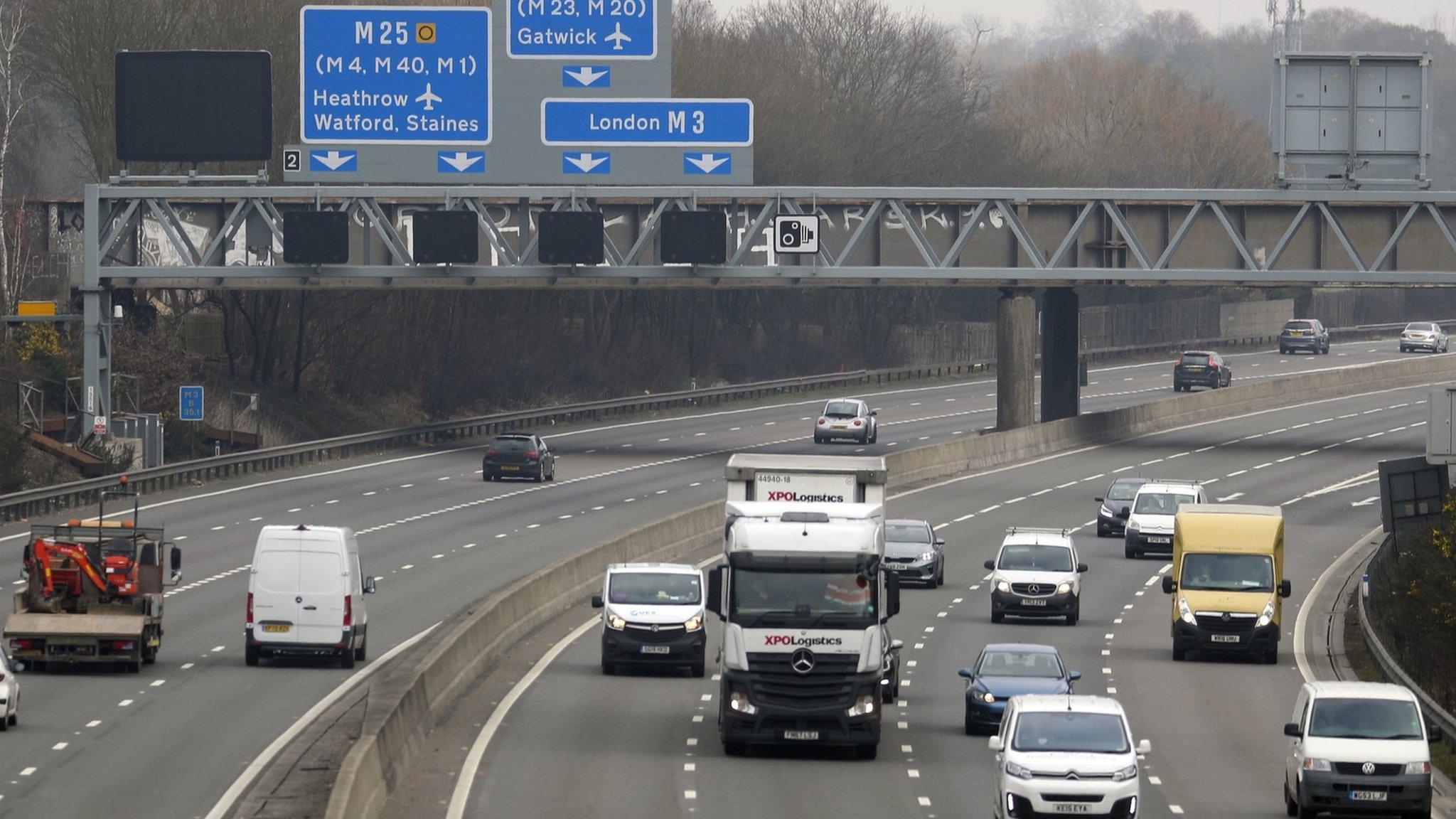
- Published22 April 2024
